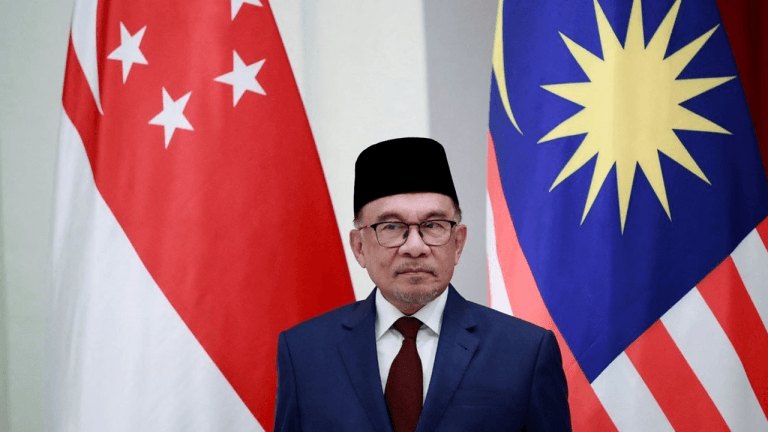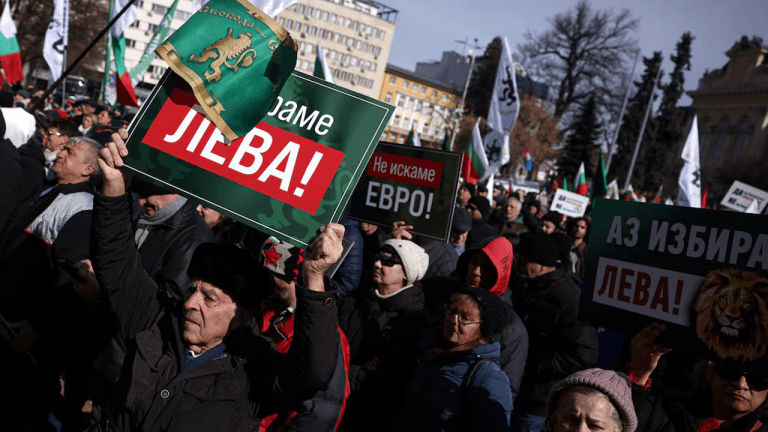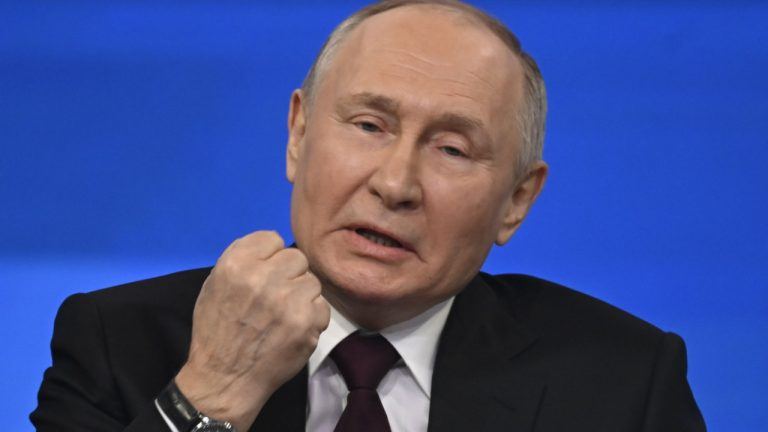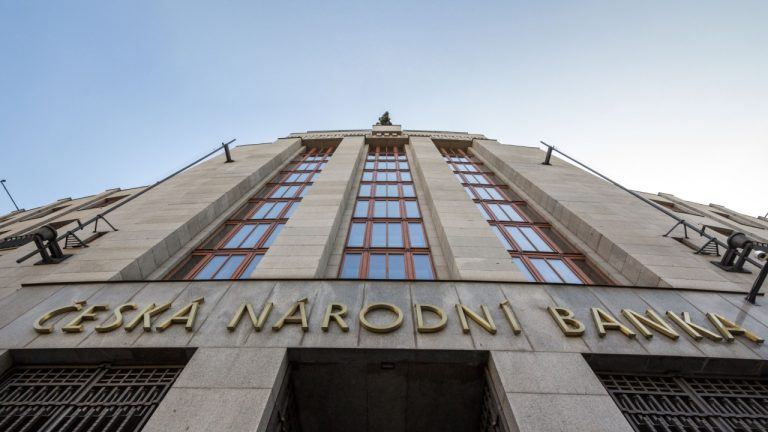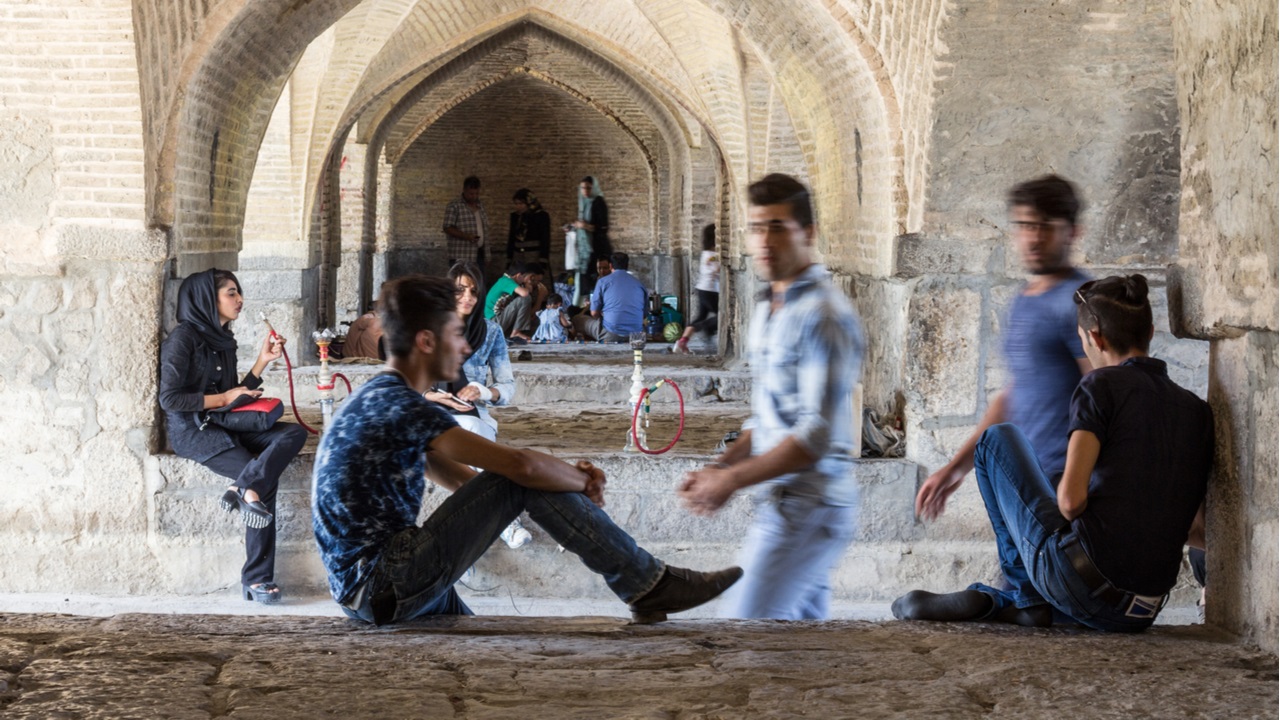
Up to 12 Million Iranians Own Cryptocurrency, Traders Choose Local Exchanges

Cryptocurrencies are a popular investment among Iranians and estimates suggest that the number of those who already own one coin or another may be as high as 12 million. The majority of Iranian traders prefer the services of local crypto exchanges, the chief executive of one of them claims.
Iranians Said to Transfer $180 Million in Crypto Daily
Despite the lack of proper rules for most of the crypto space and the government stance on the matter, a growing number of Iranians have been investing in decentralized digital money over the past months and years. “An estimated seven to 12 million Iranians own cryptocurrencies,” according to Hamed Mirzaei, CEO of Bitestan, one of the country’s crypto exchanges.
“Iranians’ daily crypto transactions is estimated between 30 and 50 trillion rials ($181 million), while there is no regulation over trade in cryptocurrencies,” Mirzaei was recently quoted as saying by Peyvast magazine. According to a report by the English-language business portal Financial Tribune, the executive also pointed out:
More than 88% of the deals are conducted via local exchange platforms.
This amount, Mirzaei elaborated, is higher than the total of all capital market transactions in the Islamic Republic. “An estimated seven to 12 million Iranians own cryptocurrencies,” the blockchain entrepreneur also revealed to Iranian media.
Mirzaei’s comments come after earlier this year Iranian officials voiced concerns over crypto assets attracting capital from traditional markets. In early May, digital coin trading platforms were accused of taking advantage of the volatile state of the stock market, where deals had seen a significant decline since last summer. At the time, the Central Bank of Iran (CBI) advised Iranians to avoid cryptocurrency, warning them that these investments would be at their own risk.
Later that month, the parliament’s leadership asked the National Tax Administration to profile the owners of Iranian cryptocurrency exchanges and report back. The Speaker of the Majlis, Mohammad Baqer Qalibaf, stated that imposing a ban on crypto trade is not enough and called on the CBI to develop precise regulations for the sector. In July, members of the Islamic Consultative Assembly proposed a bill aimed at adopting rules for the exchange market.
Restrictions on crypto trading would deprive Iran of opportunities, Iranian fintech companies warned this year, expressing their opposition to government attempts to curb the operations of crypto exchanges. In April, the CBI authorized domestic banks and money exchangers to use locally mined cryptocurrencies to pay for imports but authorities went after other coin trade. The startups insisted crypto trading is not illegal and called on lawmakers and regulators to adopt rules allowing the sanctioned country to continue to benefit from decentralized money transfers.
Do you think Iranian authorities will change their stance on cryptocurrency exchange and investment? Share your expectations in the comments section below.
Go to Source
Author: Lubomir Tassev
